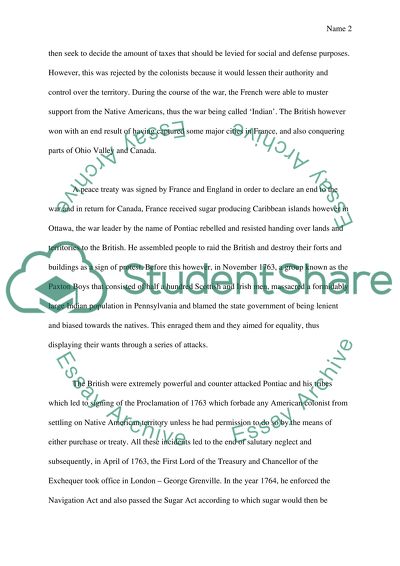Cite this document
(“The Revolution in America Essay Example | Topics and Well Written Essays - 2250 words”, n.d.)
The Revolution in America Essay Example | Topics and Well Written Essays - 2250 words. Retrieved from https://studentshare.org/history/1451610-american-revolution
The Revolution in America Essay Example | Topics and Well Written Essays - 2250 words. Retrieved from https://studentshare.org/history/1451610-american-revolution
(The Revolution in America Essay Example | Topics and Well Written Essays - 2250 Words)
The Revolution in America Essay Example | Topics and Well Written Essays - 2250 Words. https://studentshare.org/history/1451610-american-revolution.
The Revolution in America Essay Example | Topics and Well Written Essays - 2250 Words. https://studentshare.org/history/1451610-american-revolution.
“The Revolution in America Essay Example | Topics and Well Written Essays - 2250 Words”, n.d. https://studentshare.org/history/1451610-american-revolution.


